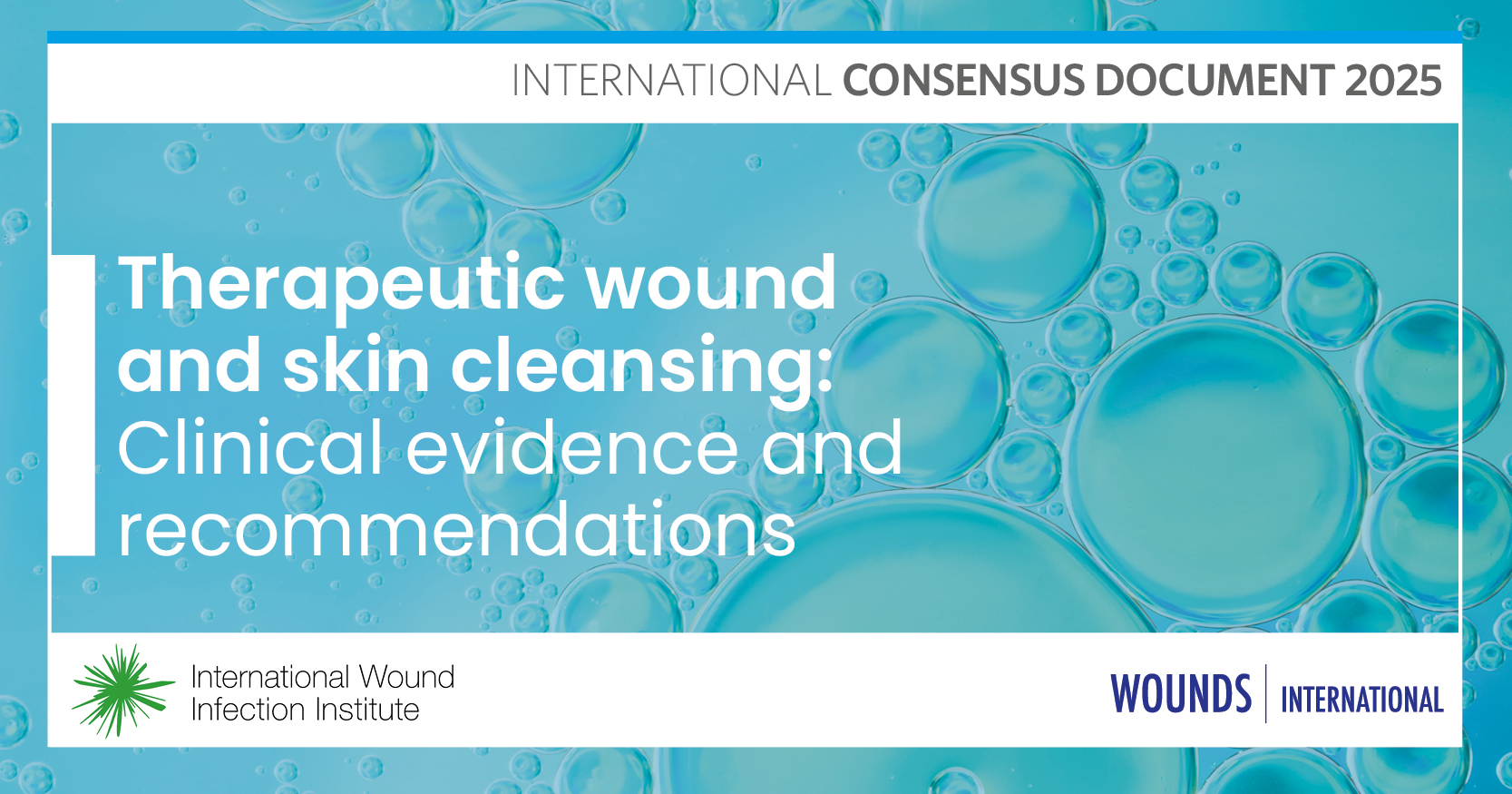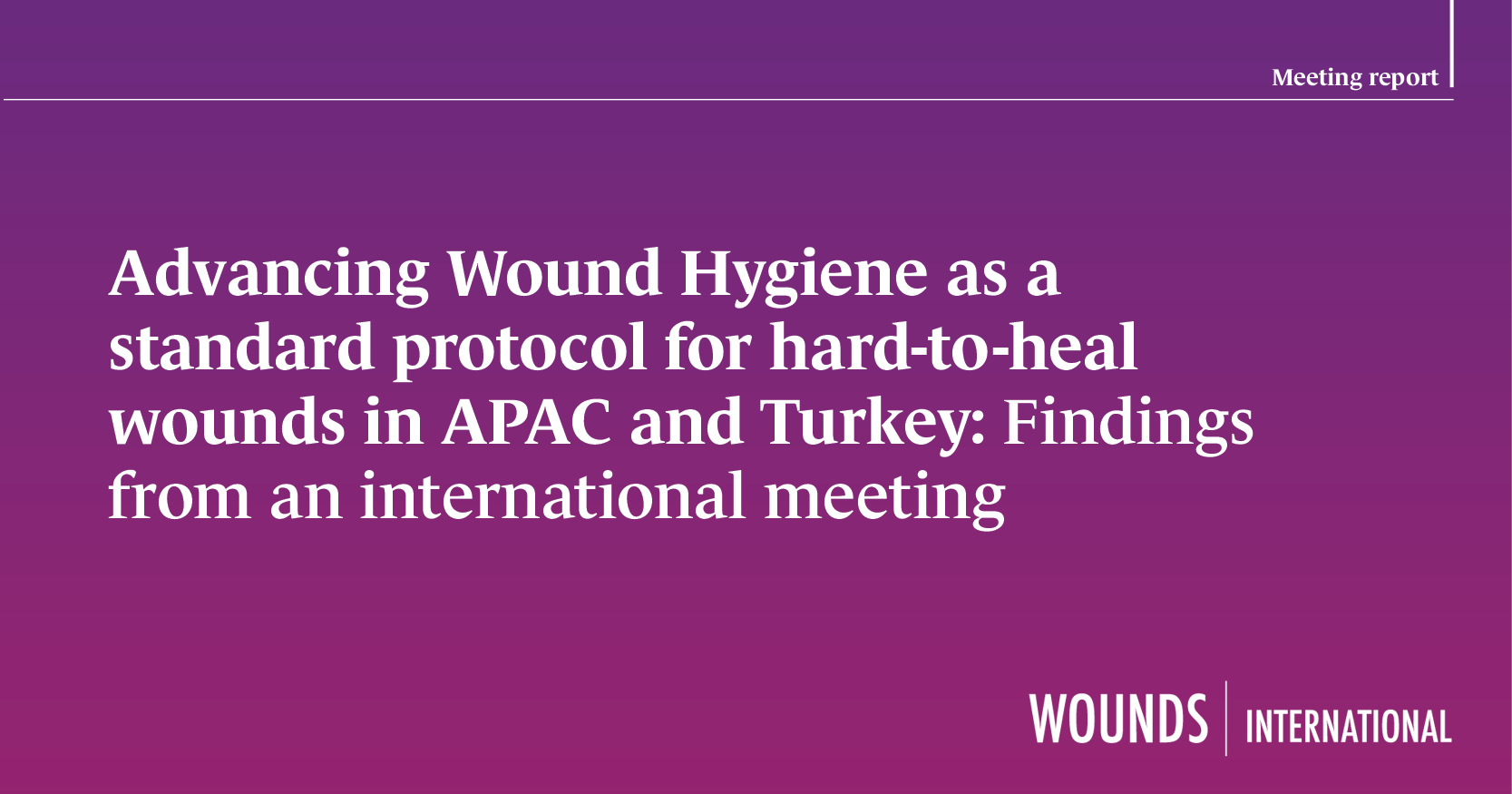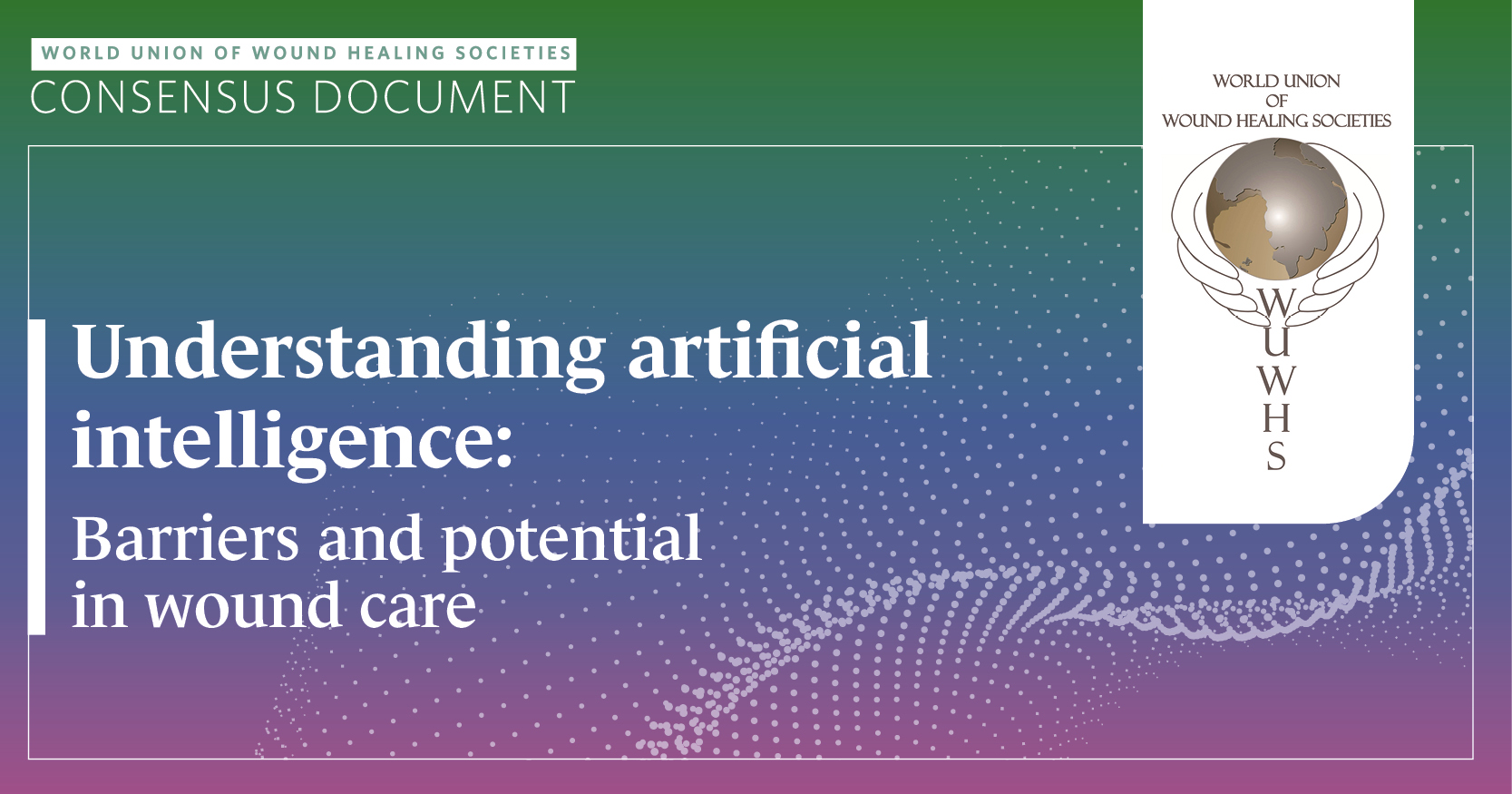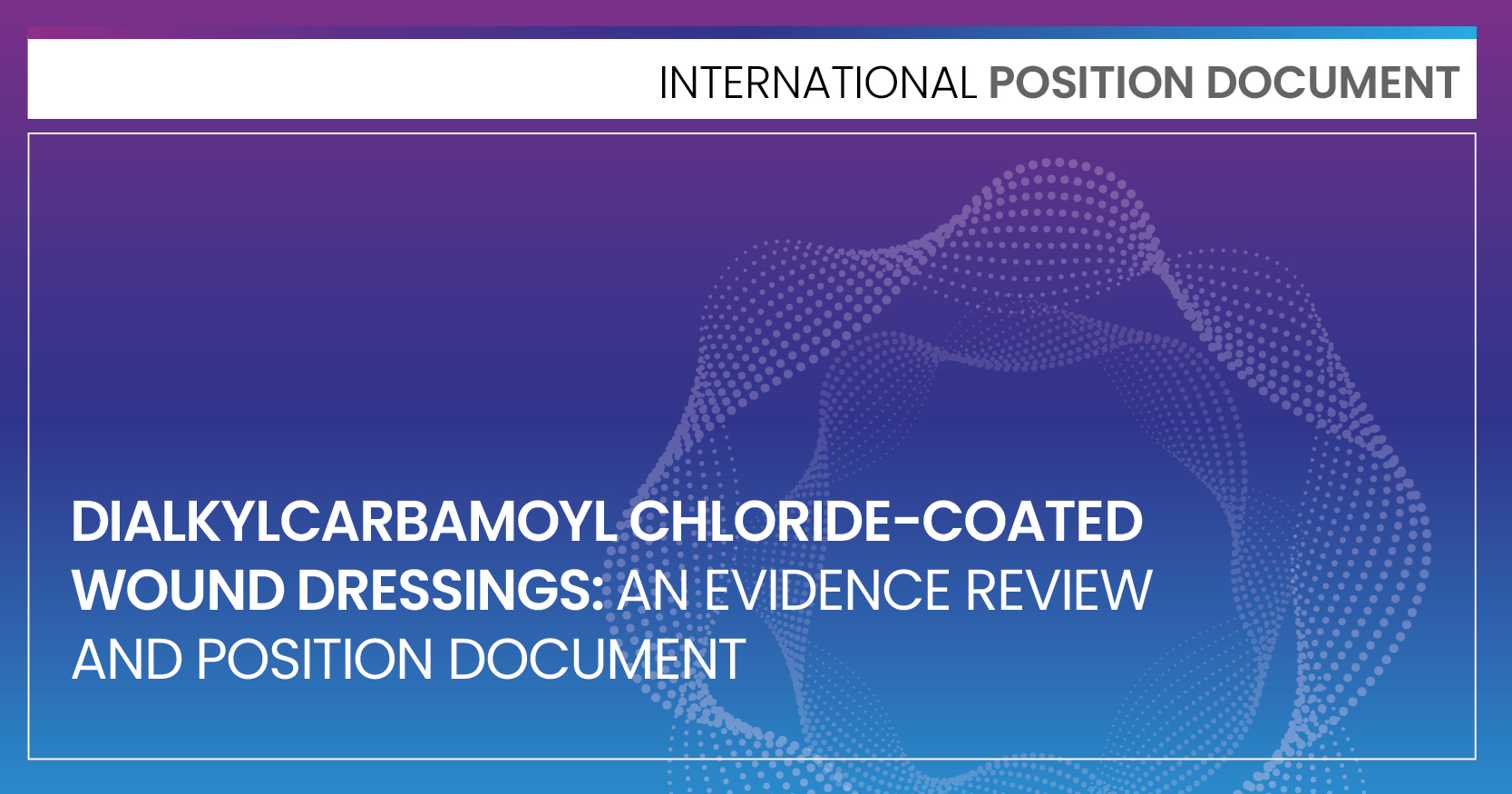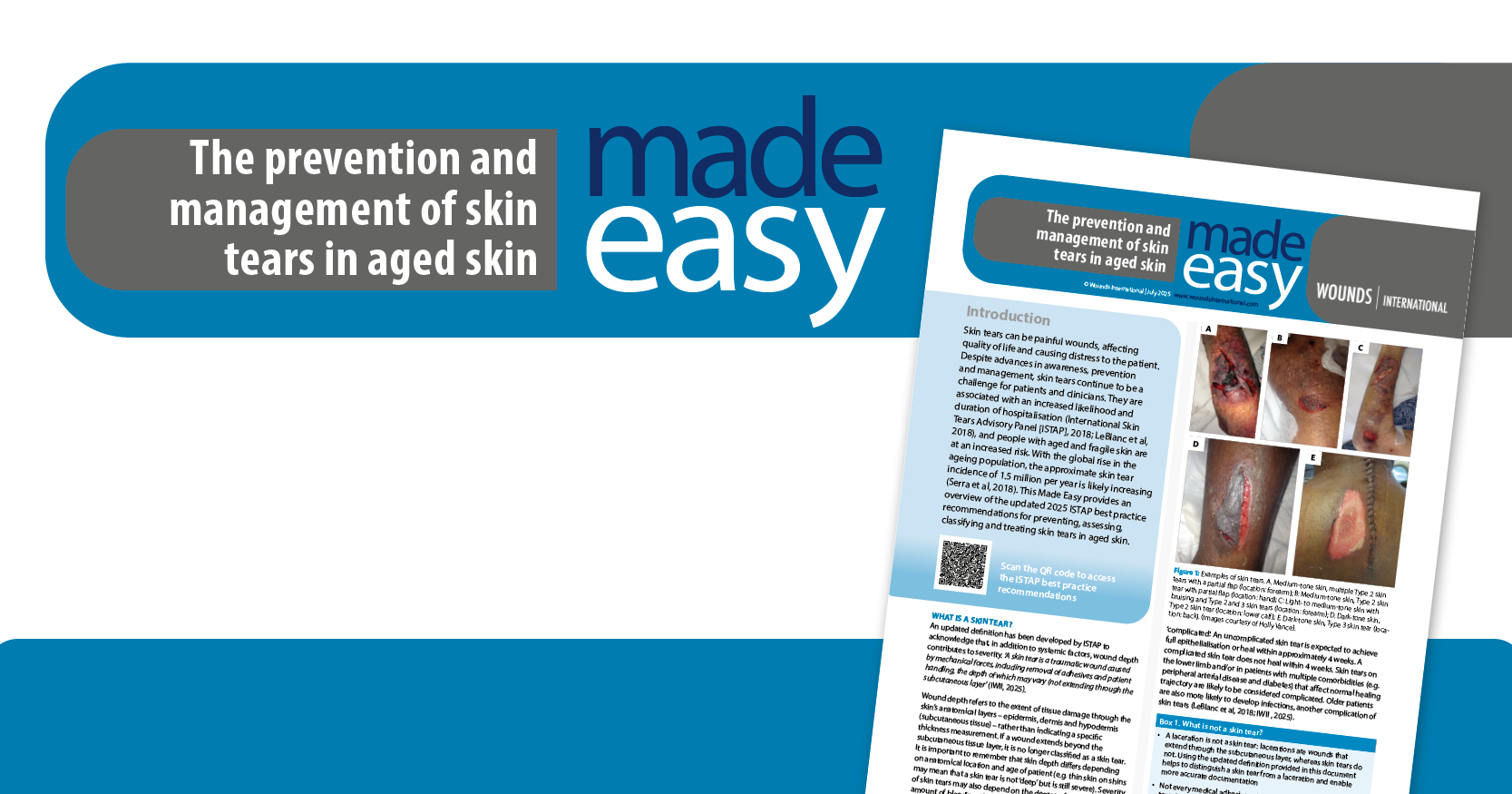The Board of the International Wound Infection Institute (IWII) has developed this document based on the perceived need for definitions, clarification and practice guidance regarding wound cleansing. The document extends the guidance provided in the 2022 Wound Infection in Clinical Practice: Principles of Best Practice by presenting the best available evidence on the purpose of wound and skin cleansing, as well as the techniques, equipment and solutions used to perform it. The methodology for this document is detailed within and meets the IWII’s high standards for developing practice guidance. This includes a systematic literature search, evaluation of the evidence, a Delphi consensus process and expert opinion reached through extensive group discussion.
In this document, we provide a foundation of information for clinical practice regarding wound cleansing. We highlight the concept of therapeutic wound cleansing, which conveys the importance of performing wound cleansing diligently and, at times, vigorously, using appropriately selected techniques, cleansing solutions and sequencing, while considering the holistic needs of the individual. We aim to reinforce that wound cleansing is a significant component in preventing and managing wound infection and preparing a wound for healing, rather than a ritualistic practice of anointment. Additionally, we highlight that there are multiple zones: the wound bed, wound edge, periwound and surrounding skin, all of which require therapeutic cleansing when performing a wound dressing procedure. Throughout the document, we provide decision-support tools and simple steps to assist healthcare professionals at all levels, as well as individuals and their informal carers or support people, in performing wound cleansing.
Finally, we hope this document will empower healthcare professionals to advocate for the allocation of time and resources, as well as the responsible use of antiseptics, to ensure that every individual with a wound receives effective therapeutic wound and skin cleansing.
Terry Swanson (Co-Chair), Emily Haesler (Methodologist) and Karen Ousey (Co-Chair)
Download the full consensus document below

